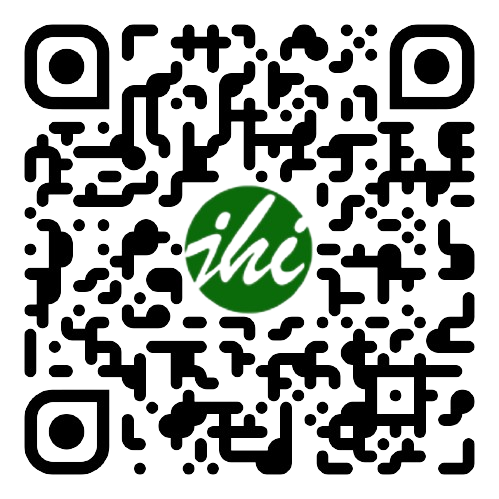PENDIDIKAN EKONOMI ISLAM DI INDONESIA: PENGALAMAN PESANTREN SIDOGIRI PASURUAN JAWA TIMUR
DOI:
https://doi.org/10.28918/jhi.v10i2.566Abstract
The development of Islamic financial industries, especially Islamic Banking in Indonesia, needs the contribution of educational institution in creating professional in the field. There are two categories of education in Indonesia, formal and non-formal education. In formal education, Islamic economics education taught in higher education since 1990s followed by primary and secondary education who pioneered by Tasikmalaya’s government in West Java since 2006. In non-formal education, Islamic economics education taught in Pesantren since 16 centuries in the old fashion called fiqh muamalah. However, this study find that Pesantren Sidogiri, the oldest non-formal and traditional Islamic educational institution in East Java has launced in Islamic Economics program since 2005 in the new fashion but still maintaining old tradition eg. teaching materials from kitab kuning, and others. Pesantren Sidogiri creating new educational program called “muamalah program”. In this program, santri trains in modern economic sistem called Islamic economics. The choise of developing education program is based on the need of the community where the pesantren operates. The curriculum developed by Pesantren based own initiative under supervision of tarbiayah wa taklim madrasiy board where subjects are different and not follow the national curriculum as public schools in Indonesia.
Downloads
Published
How to Cite
Issue
Section
License

This work is licensed under a Creative Commons Attribution-ShareAlike 4.0 International License.
Jurnal Hukum Islam use a variety of waivers and licenses that are specifically designed for and appropriate for the treatment of data:
- Open Data Commons Attribution License, http://www.opendatacommons.org/licenses/by/1.0/(default)
- Creative Commons CC-Zero Waiver, http://creativecommons.org/publicdomain/zero/1.0/
- Open Data Commons Public Domain Dedication and License, http://www.opendatacommons.org/licenses/pddl/1-0/
Other data publishing licenses may be allowed as exceptions (subject to approval by the editor on a case-by-case basis) and should be justified with a written statement from the author, which will be published with the article.













.png)














